Washington Water Main, February 11: Energy and Infrastructure Initiatives
Democrat and Republican leaders, anxious to focus national attention on energy and water legislation, released competing proposals this month. Meanwhile a Senate committee, signaling just how much Congress is willing to spend on infrastructure, hosted a hearing related to funding the Superstorm Sandy recovery.
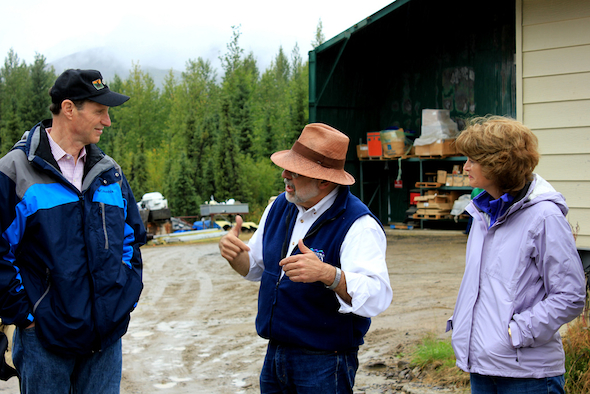
Republican Energy Vision
Senator Lisa Murkowski (R-Alaska), the Senate Energy and Natural Resources Committee’s ranking Republican, proposed legislation that focuses on increasing domestic oil and gas supplies and issuing new limits on the reach of environmental regulators.
Murkowski promoted her plan in the Republican Party’s weekly address on Saturday.
“Every recommendation in my blueprint is associated with a clear goal for the year 2020,” Murkowski said. “We can end our dependence on OPEC oil. We can help make renewable energy more competitive, build on our efficiency gains, and re-establish the supply chain for critical minerals.”
Her plan spans the full complement of energy sources — natural gas, coal, oil, hydropower, and renewables. The Washington Post’s WonkBlog reported the details, which included more domestic drilling and new pipelines from Canada to end the nation’s dependence on OPEC fuels by 2020.
Murkowski said that the federal definition of ‘clean energy’ should expand to, potentially, include fossil fuels. New drilling in the Arctic National Wildlife Refuge (ANWR) and elsewhere on federal property, she urged, should fund research into renewables and efficiency. More dams would be built. Investment in renewables would move away from subsidies toward private funding, while funding for research programs would continue.
Also on the plan’s to-do list? Protecting coal’s chunk of U.S. power supply, federal support for nuclear technology, efficiency boosts without mandates, and a politically artful embrace of greenhouse-gas reductions that won’t get her run out of her own Party.
Leading the response from Democrats was Senator Ron Wyden (D-Oregon), the Energy Committee’s chairman, who wrote an op-ed for The Hill in which he outlined his approaches to shale gas development, renewables, efficiency, and more, all while promising bipartisan outreach.
Wyden will host a hearing Tuesday on U.S. natural gas development — watch Circle of Blue’s Washington Water Main for more coverage.
Shores, Sand Dunes, and Sandy
The Senate Environment and Public Works Committee heard testimony from the U.S. Army Corps of Engineers on Thursday, and legislators grilled a panel of Corps leaders. In the most heated moments, they challenged Jo-Ellen Darcy, the assistant secretary for the Corps, on missed deadlines or incomplete work in each of the lawmaker’s districts.
The Environment Committee wants to pass an updated version of the 2007 Water Resources Development Act, which guides the work performed by the Corp on a national scale and which is now occurring in a new era of severe weather.
The recent run of major storms — highlighted by Superstorm Sandy in October — had legislators asking the Corps how their infrastructure development work could handle exceptionally damaging weather. The general consensus was that it is clearer now more than ever that climate change will exacerbate the storms of the future, so policy related to water infrastructure has to account for that new reality.
“During the Sandy period, New Jersey saw the limits of our outdated infrastructure,” said Senator Frank Lautenberg (D-New Jersey).
Committee members from New York, New Jersey, and Delaware said that communities with flood protectors like levees, seawalls, and dunes saved many lives and hundreds of millions of dollars between Hurricane Irene and Superstorm Sandy.
Senator Max Baucus (D-Montana) said even his state has faced devastating flooding in the past two years, and he pushed the Corps to plan for more floods like it.
Senator David Vitter (R-Louisiana) was particularly vocal since, he said, Louisiana depends more than any other state on Corps infrastructure projects. Meanwhile, senators from Missouri River and Mississippi River states were worried about historically low river levels.
A panel of regional environmental officials rounded out the hearing. Each pushed the Senate panel members and the national Corps leaders to widen the reach of their projects to regions and ecological systems, rather than individual work sites and tasks. They also advocated for new metrics for Corps construction efforts and fewer bureaucratic requirements for local environmental officials.
is a Washington, D.C–based correspondent for Circle of Blue. He graduated from DePauw University as a Media Fellow with a B.A. in Conflict Studies. He co-writes The Stream, a daily summary of global water news.

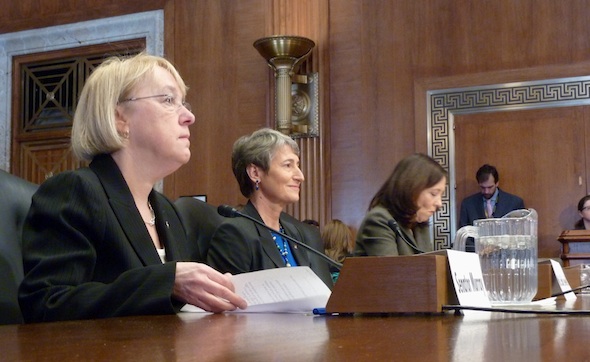
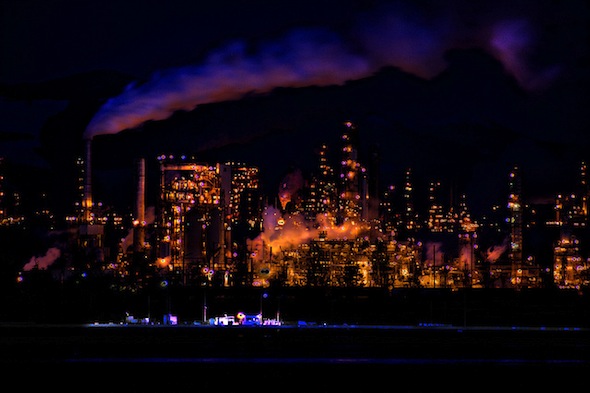
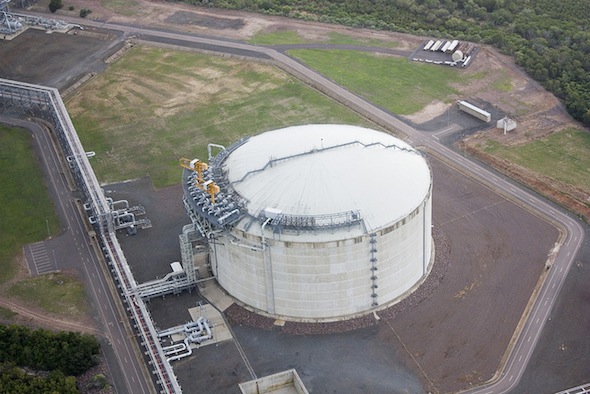
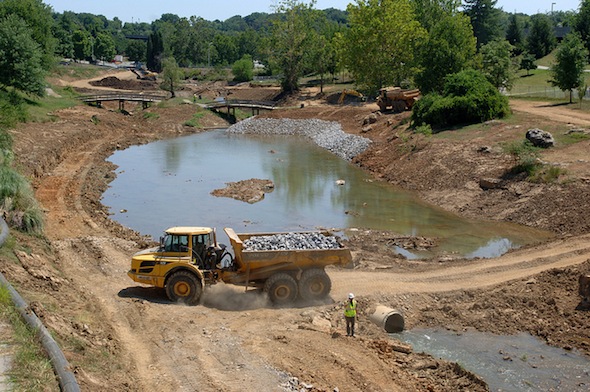
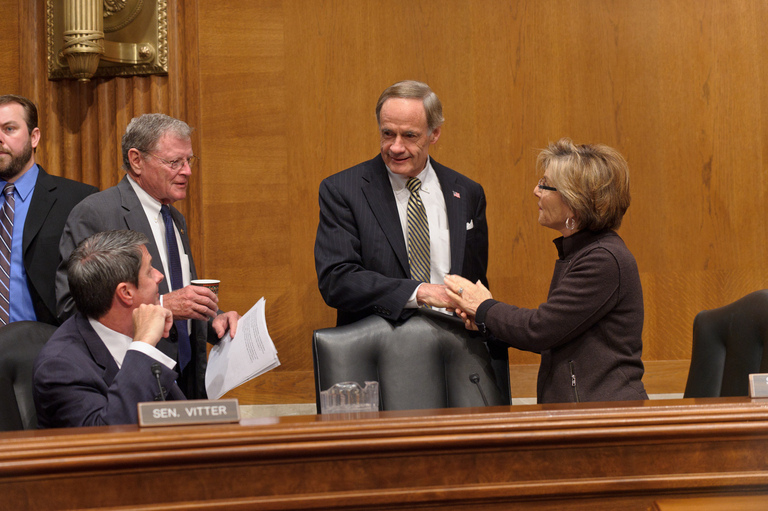
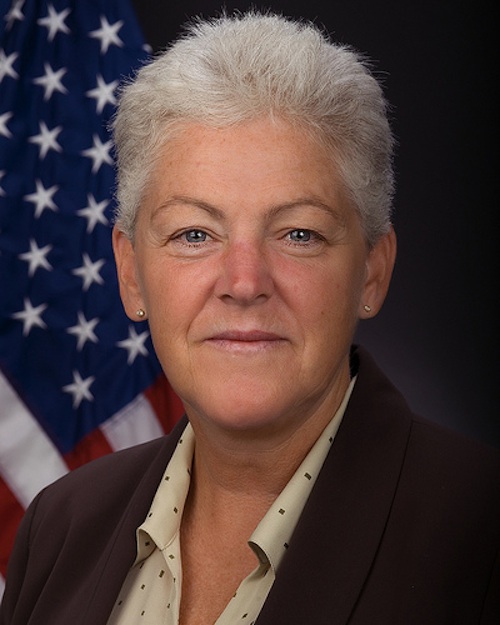

Leave a Reply
Want to join the discussion?Feel free to contribute!